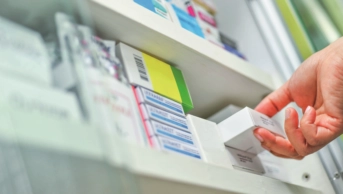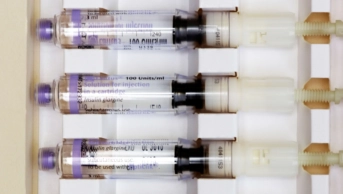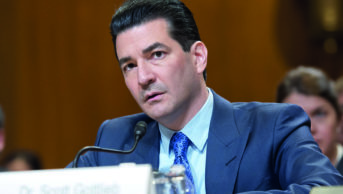
RosaIreneBetancourt 1 / Alamy
The independent body that advises the Australian government about which drugs it should subsidise has taken steps towards allowing pharmacists and clinicians to substitute a biosimilar product for a biologic therapy if it is a “safe and equivalent treatment”.
Australia’s Pharmaceutical Benefits Advisory Committee (PBAC) says that if a biosimilar is approved by the Therapeutic Goods Administration — the country’s medicines safety regulator — it will assess whether it should be listed on the Pharmaceutical Benefits Scheme (PBS), and therefore subsidised by the government.
Assessments will be done on a case-by-case basis and will potentially allow a pharmacist or clinician to substitute a biosimilar, the PBAC said in a statement on 18 June 2015.
“If the PBAC recommends the biosimilar should be substitutable, this provides the option for clinicians and pharmacists to offer patients the choice of taking the original biologic drug or the substitute biosimilar drug,” the advisory board said. “The PBAC’s recommendation would, as always, give patients the ultimate choice as to which version of the drug they receive.”
PBAC is now consulting on how the change can be introduced and says the move was prompted by the number of “expensive and high-use” biologic drugs coming off patent.
The statement follows concerns raised by PBAC and the government “that the introduction of biosimilars may lead to the spread of misinformation, as has happened in other countries, which will slow the progress of the development of these medicines”.


